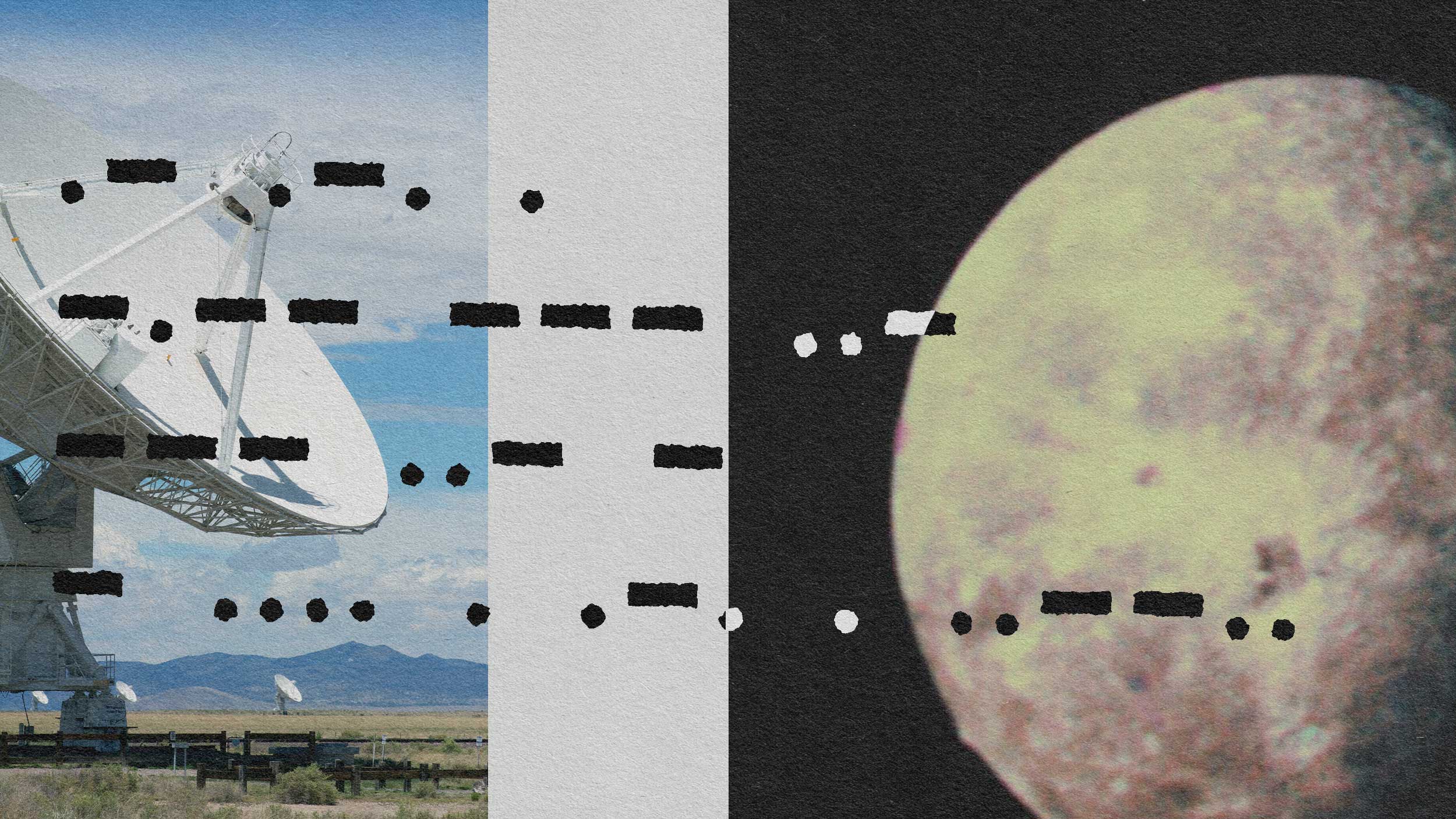Stephen Hawking’s beautiful sense of humor

On June 28th, 2009, one of the most famous people on the planet — Professor Stephen Hawking — threw a party. Nobody arrived. Because of this, Hawking was pleased.
It proved a central point for Hawking: time travel isn’t really possible. The party had been thrown in honor of time travelers and none had materialized… quite possibly because, as Hawking had hypothesized, time travel could warp the space-time continuum itself and possibly cause a rift that could end the known universe.
It was a prime example of Hawking’s sense of humor, a skill of his that I think was lost in many of the many hundreds of eulogies that followed in the news of his death. Stephen Hawking had a fundamental understanding of not just the universe itself, but of people. A time-traveler themed party sounds like the B plot in a Big Bang Theory episode, but Hawking knew that the hook alone — that a party for time travelers where none showed up — would prove his point beyond any scientific paper published in a stuffy journal. It was also a great visual for him: one of the smartest men in the world threw a party and nobody came. Womp womp.
Hawking was no stranger to comedy. He appeared on The Simpsons, Late Night with Conan O’Brien, and even 5 episodes of the aforementioned The Big Bang Theory (7 if you count voiceovers). Most people of his stature would assuredly never let these ideas get past their agent, let alone go on TV with them. Putting it politely, you’re very unlikely to see Richard Dawkins shed his carefully crafted public intellectual persona, much less go on a comedy show and prank call Jim Carrey. Even Christopher Hitchens, in his day, rarely let the inebriated-smoking-intellectual image slip enough to poke fun at himself any longer than a few sentences (and I say that as someone that likes the guy!). In the end, it is to their own detriment. Hawking knew perhaps from his own illness that the concept of the ego itself was absurd and that he had nothing to lose by making his incredibly intricate theories as accessible as possible. “I am probably better known for my appearances on The Simpsons and on The Big Bang Theory than I am for my scientific discoveries,” he said in 2013. And for this, he was feted beyond measure.
And rightly so. Because it gave a human element to intelligence that is frequently missing in popular culture. You can be incomprehensibly intelligent but still play practical jokes — Hawking was well known to run over the feet of people he didn’t like with his wheelchair. (Even in denial of that fact, he still joked “I’ll run over anyone who repeats [that rumor],” he said). Besides… which other great mind admits to watching Dumb and Dumber?
There’s a famous photograph of Einstein where he’s sticking his tongue out at the camera. Hawking took the image — and the message behind it, that life and indeed oneself perhaps shouldn’t be taken too seriously — and rolled with it his whole life.
Orson Welles once said “Our songs will all be silenced, but what of it? Go on singing.” It speaks to the transient nature of art, and that ultimately we’ll all fade into the gray at some point. But I have a feeling that Stephen Hawking’s name won’t be forgotten for a long, long time. And when people look back, they’ll see that he cared enough about his passion — about science and discovery — that he was willing to make people laugh with him to help spread his message.





